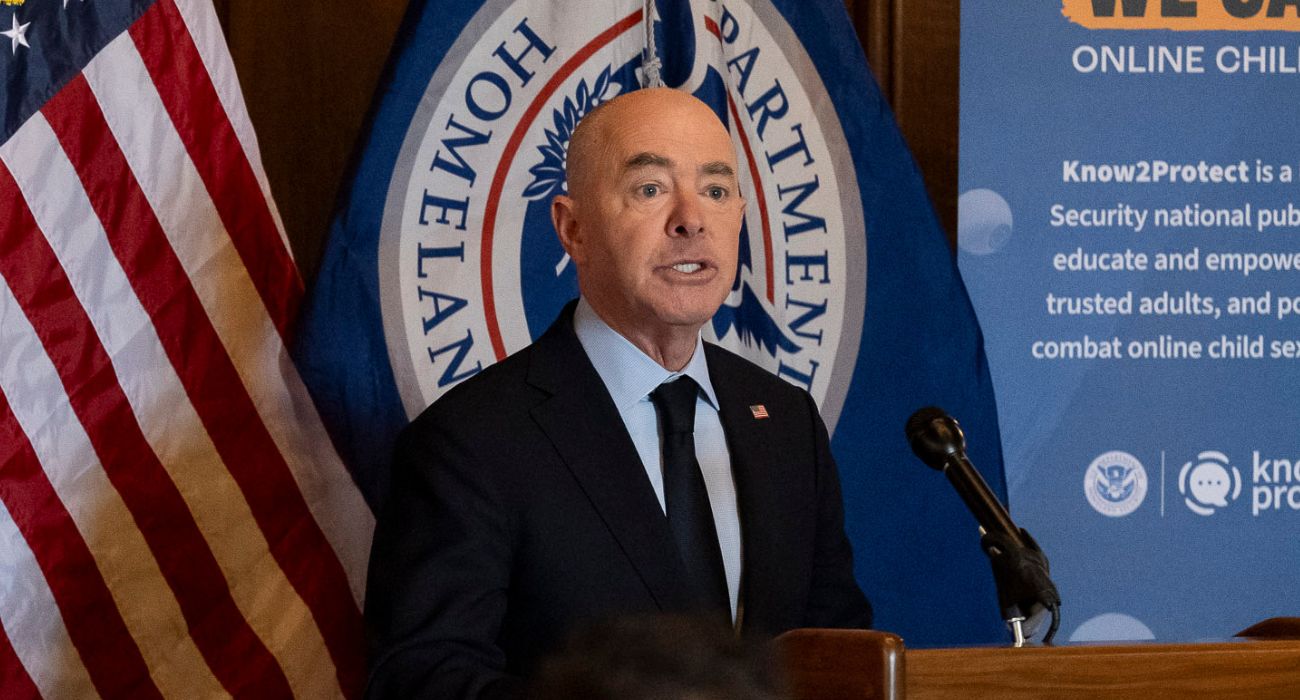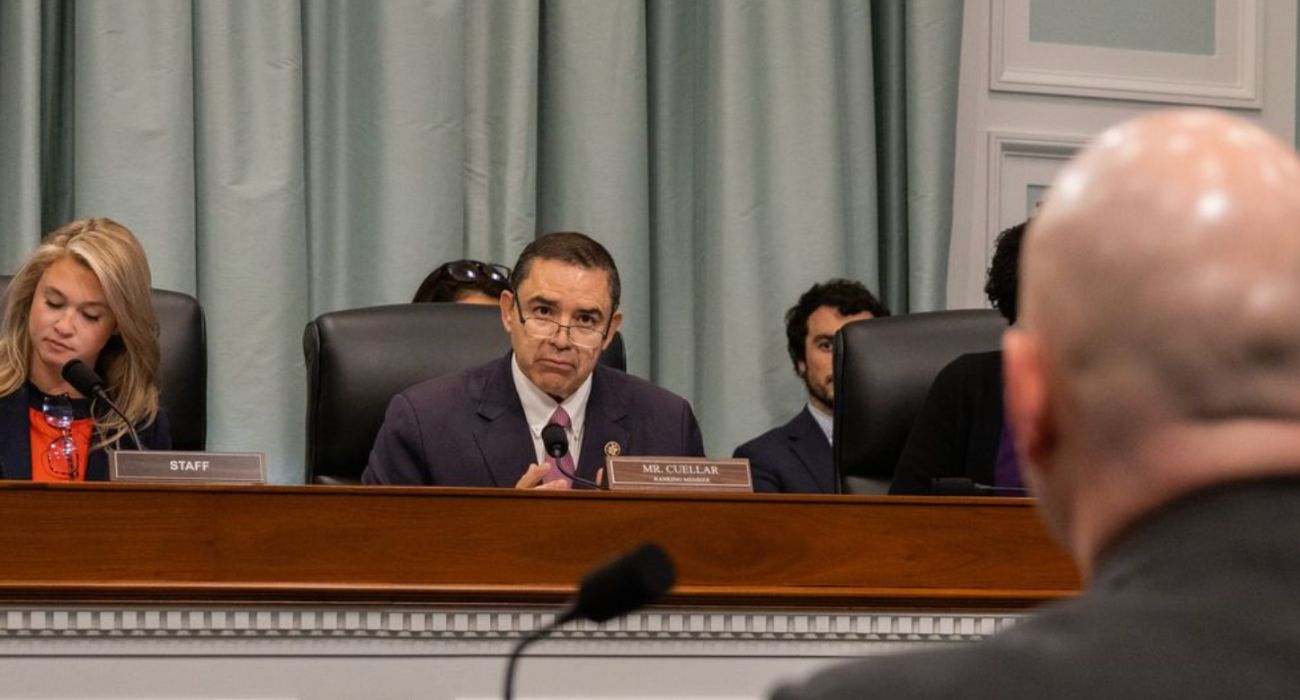The ongoing conflict between Israel and Hamas has continued to escalate in recent days, leaving many to wonder what the role of the United States should be moving forward.
George Seay, the Clements Center for National Security chairman, said the conflict may not impact the world economy. Still, the Middle East is the “powder keg that influences everything” globally.
“A lot of people are worried about a global war emanating out of this conflict and the Ukrainian-Russian conflict and a possible Chinese-Taiwanese conflict. So America, to preserve the Pax Americana, to preserve the peace around the world that we’ve preserved as the world’s policemen since World War II, it’s going to take a lot of effort, a lot of careful, skillful diplomacy, and also a lot of hard power,” Seay said, per NBC 5 DFW.
One step taken to this point was the U.S. Navy sending an aircraft carrier strike group to the Eastern Mediterranean.
Defense Secretary Lloyd J. Austin III said that the USS Gerald R. Ford, the largest aircraft carrier in the world, will be a part of the strike group.
“Today, in response to this Hamas attack on Israel, and following detailed discussions with President Biden, I have directed several steps to strengthen Department of Defense posture in the region to bolster regional deterrence efforts,” said Austin.
He also said the strike group is meant to deter other sides from certain actions, but Seay said he believes the U.S. may take more drastic measures in the future.
“I think this time around, us moving two aircraft carriers right into the general vicinity that if Hezbollah engages, I wouldn’t be shocked to see U.S. military action to come alongside Israel and help them at that point. And that gets really dangerous,” said Seay, per NBC 5 DFW.
While there has been no indication that the U.S. will directly use military force, the government has been actively sending supplies and resources to Israel.
President Joe Biden said on Tuesday that the U.S. will “make sure Israel has what it needs to take care of its citizens, defend itself and respond to this attack.”
“We’re surging additional military assistance, including ammunition, and interceptors to replenish Iron Dome. We are going to make sure that Israel does not run out of these critical assets to defend its cities and its citizens,” added Biden, according to the Department of Defense.
Despite these first steps being taken, the U.S. has been criticized for trying to “normalize” the relationship between the two sides, which has become a significant part of foreign policy.
“Normalization” is the management of conflict between two sides, regardless of the severity of the disagreement, according to American University.
Elham Fakhro, a research associate at London’s Chatham House, said that the past two presidential administrations “made Arab normalization with Israel their main diplomatic focus in the region while neglecting to advance any kind of meaningful peace talks between Israel and the Palestinians.”
“The dramatic escalation in the conflict we are witnessing today is a direct result of this neglect,” Fakhro added, as reported by CNN.
John Kirby, the National Security Council coordinator for Strategic Communications, said on Tuesday that “there’s no intention to put U.S. boots on the ground,” and the government will “continue to encourage a process where normalization can occur.”
“We still believe that normalization between Israel and Saudi Arabia is not only good for the people of those two nations, but for the American people and for everybody else in the region,” Kirby added, according to the White House.






